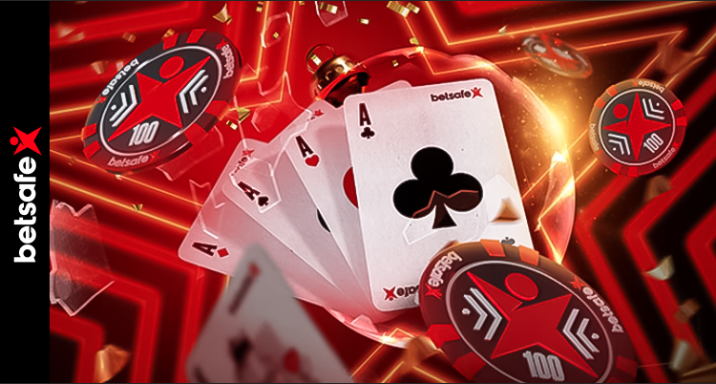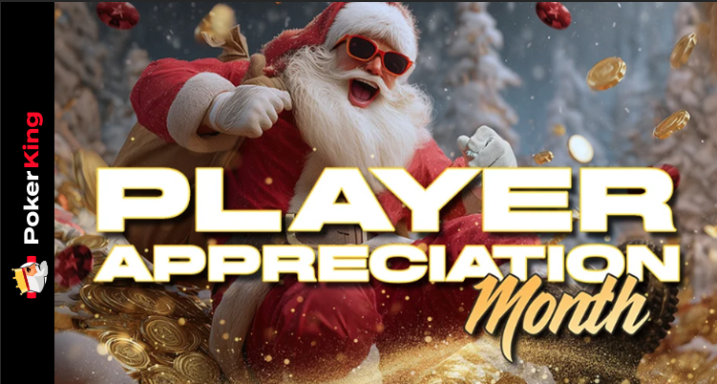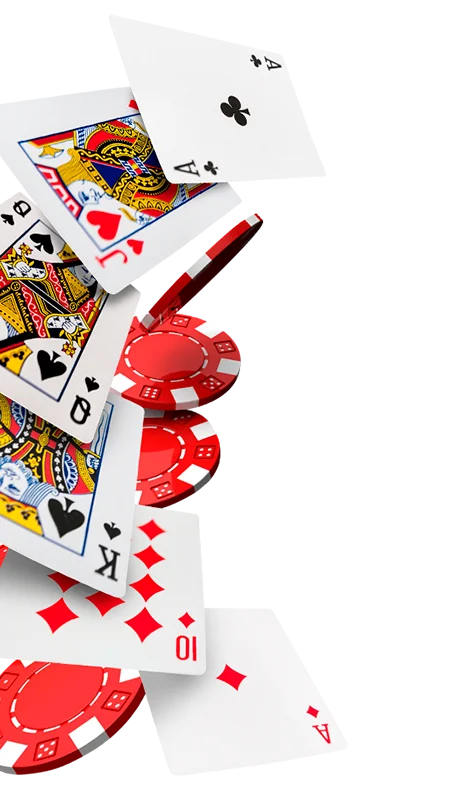
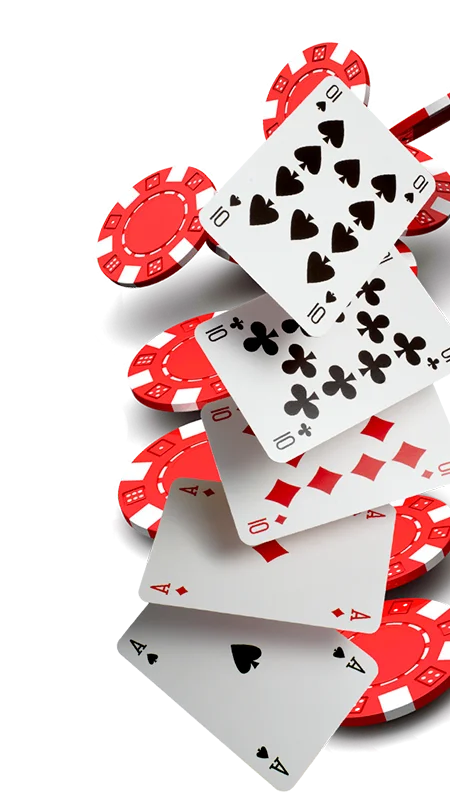
Tells in poker part III: pacifying gestures and model behaviors
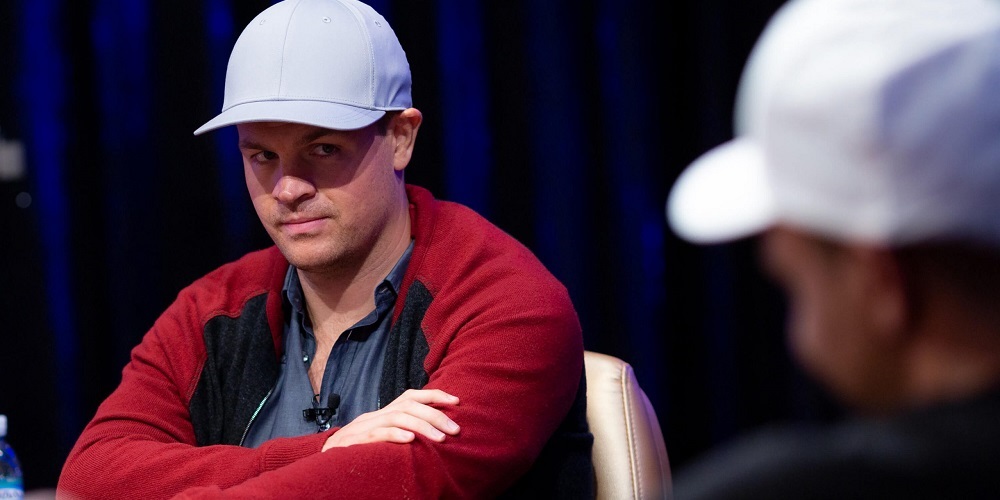
In previous chapters we have mentioned the
different types of tells we can encounter in a poker game, how to try to
hide our tells and how we can train our body to control the gestures we make
and avoid giving too much information to our opponents.
In this third part we are going to focus on the pacifying tells, their function and how you can take advantage of them during compromising situations.
Poker peacekeeper
gestures: what they are and examples
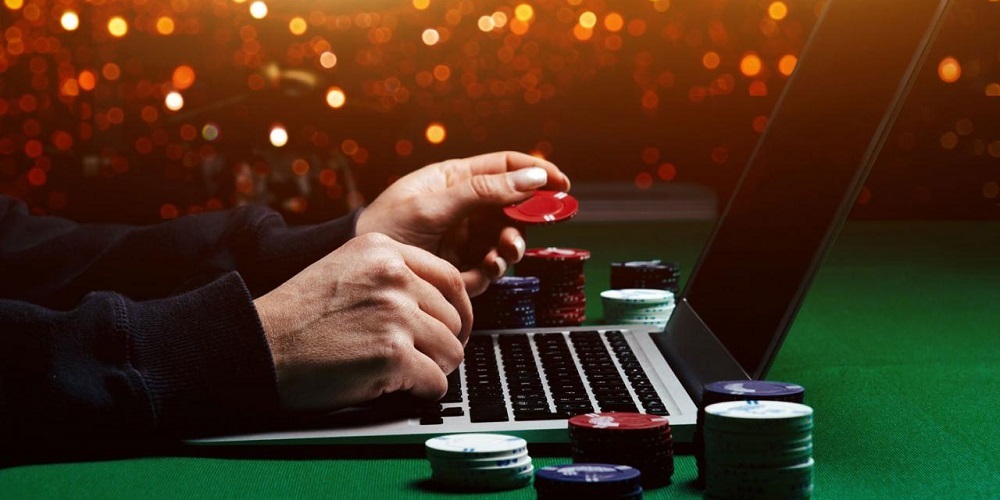
Let's recap in case you haven't read the previous
parts we have dedicated to poker tells: pacifying gestures are those gestures
that, consciously or unconsciously, are made to enter a state of calm. The more
obvious the pacifying tell is, the greater the level of stress suffered by the
person making it. That is why a pacifying tell is a symptom of nervousness and
worry for the person who performs it.
When faced with a pacifying tell, the first
thing to do is to pay attention to the pattern of the gesture in order
to discover some variations in the intensity and manner of the gesture. Very
important here is the context, as the intensity of the tell will vary depending
on where the game is being played. Is a casual game between friends the same as
being in the WSOP final? Certainly not, and that makes a difference.
A very common example of a pacifying gesture is
a neck rub to oneself. The neck is an extremely sensitive area, full of
nerve endings whose stimulation can promote relaxation of the body. That is
why, usually in a stressful situation, the player tends to put his hands on his
neck.
There are many pacifying gestures: stroking
one's hair or beard, scratching one's nose, lightly touching one's
forehead, breathing intensely or at an extremely slow pace to take deep
breaths, smoothing one's trousers or something as subtle as recurrently
touching the threads of a fabric bracelet. These are familiar little havens for
our senses that give the mind a much-needed sense of security in delicate
moments, so be aware of this.
Special care must be taken when it comes to hugging.
A hug to oneself may be a pacifying gesture, but a hug that leads to crossing
one's arms on the table or across the chest denotes action and aggression. It
is important to interpret the gesture well and to analyze the opponent's other
gestures in order to put their way of expressing themselves into context.
You may notice that there are some
inconsistencies in the way opponents express themselves. They may tend to
try to mislead you by giving false information. It is also possible that they
are aware that they have given you a glimpse of a tell with too much information
and try to cover it up with a blatant counter-gesture.
This should make you wary. When in doubt, and with contradictory tells, you should always rely more on your first perception, as discussed in the previous chapters. They are more reliable because they are more likely to include genuine reactions that are impossible to disguise.
Some gestures and behaviors to look out for
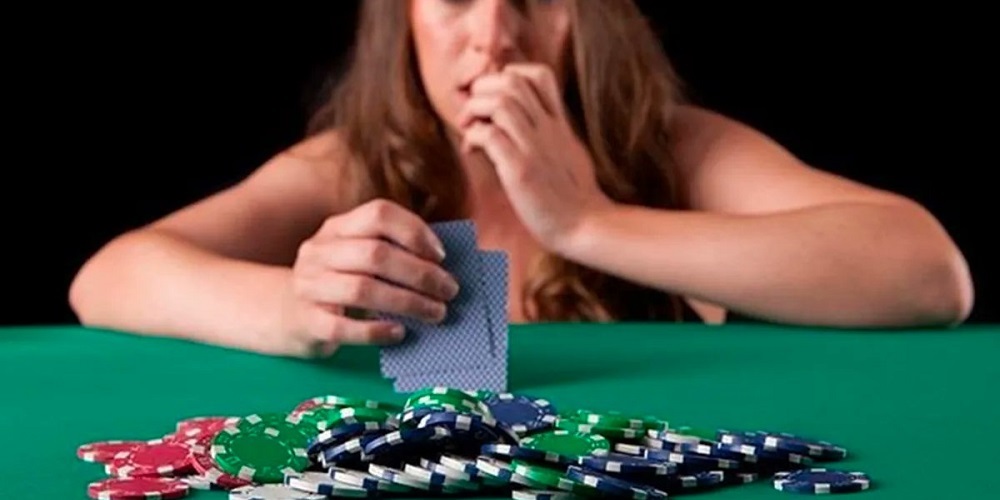
There are certain pacifying gestures that are
produced by sound rather than gestures. Something as innocuous as a sentence
can be a pacifying gesture, especially if it comes from someone who
doesn't tend to talk and suddenly talks to themselves or says comments out loud
that add little or nothing to the game.
You also need to pay attention to the gestures
that can occur under the table. A quiet torso but agitated legs can be a very
important piece of information for a player. Put in context, this
information can come in handy.
You should pay attention to the movement of the
hands, the possible sweat stains on the clothes, the way the face moves, how
your main opponent controls the gaze game... all of this will be critical to
get a good feel for the player and define your strategy.
It is especially important to analyze the gestures
of the players who speak after you. It is impossible to have data on all
the players in a single pass, so make it easy for yourself and focus on those
who play after you. Why?
As we discussed in part two, this is because
those who speak before you are going to give away their own game. On the other
hand, those who come after you will play on the basis of the information you
give them, but you won't be able to take advantage of that information, so
your best bet to try to sort them out is to get to them in the first few
seconds after they receive the cards.
Keep in mind that the world of tells is not an
exact science. Although they have been studied a lot and there is more and more
data that corroborate the conclusions that can be reached with the
analysis of tells, you should always analyze the situation in which they are
occurring so you don't rush into anything.
You may also like
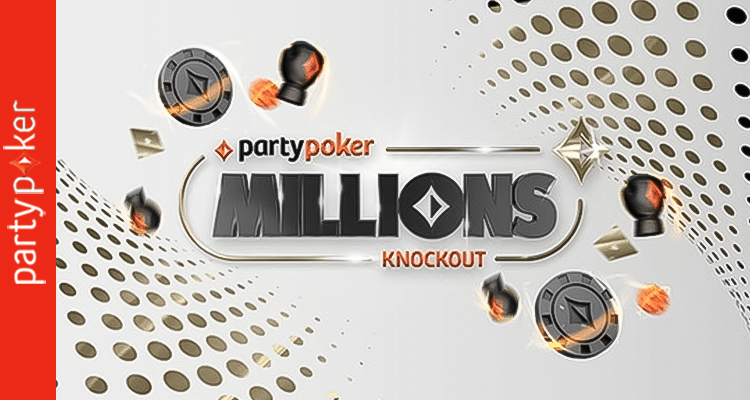
PARTYPOKER MILLIONS ONLINE KO EDITION
PARTYPOKER MILLIONS ONLINE KO EDITIONLet's talk about Party Poker Millions, a kind of poker Olympics that makes players' hearts beat faster and dreams of sudden riches seem within reach!A mountain...
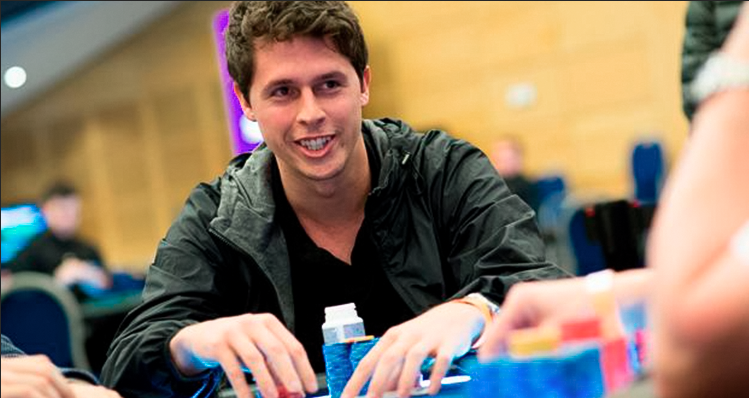
Bruno Volkmann sets a milestone in online poker, winning the GGMillion$
Bruno Volkmann wins GGMillion$ for third timeBrazilian poker star Bruno Volkmann continues to cement his legacy in online poker by claiming his third title at the prestigious GGMillion$ High Roller...
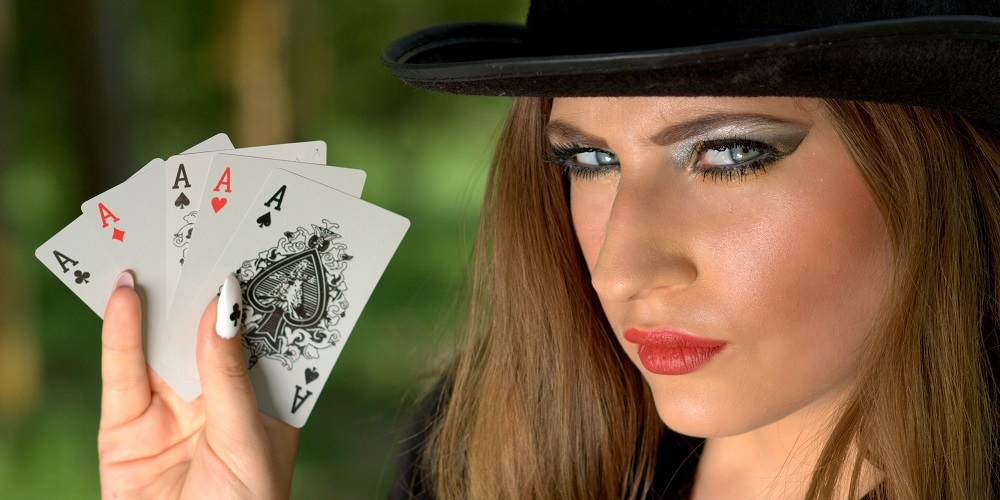
Poker etiquette: useful poker behavior protocols
All live poker games are governed by a series of rules. These rules not only concern the dynamics of the game, but also the table etiquette so that the time players share on the table remains cordi...





